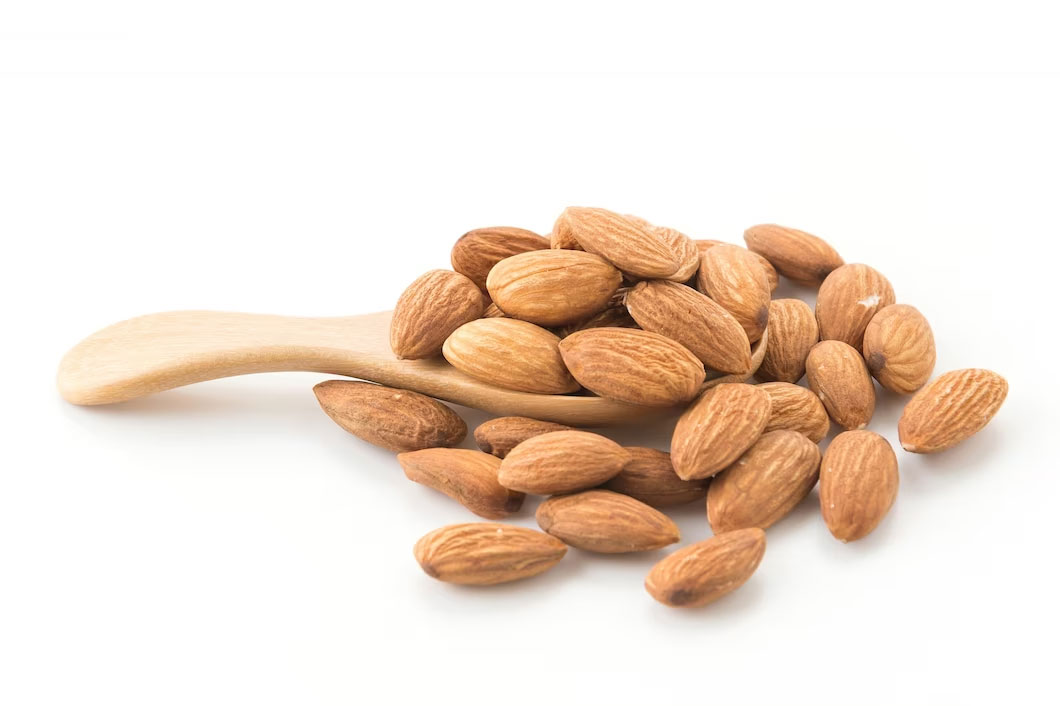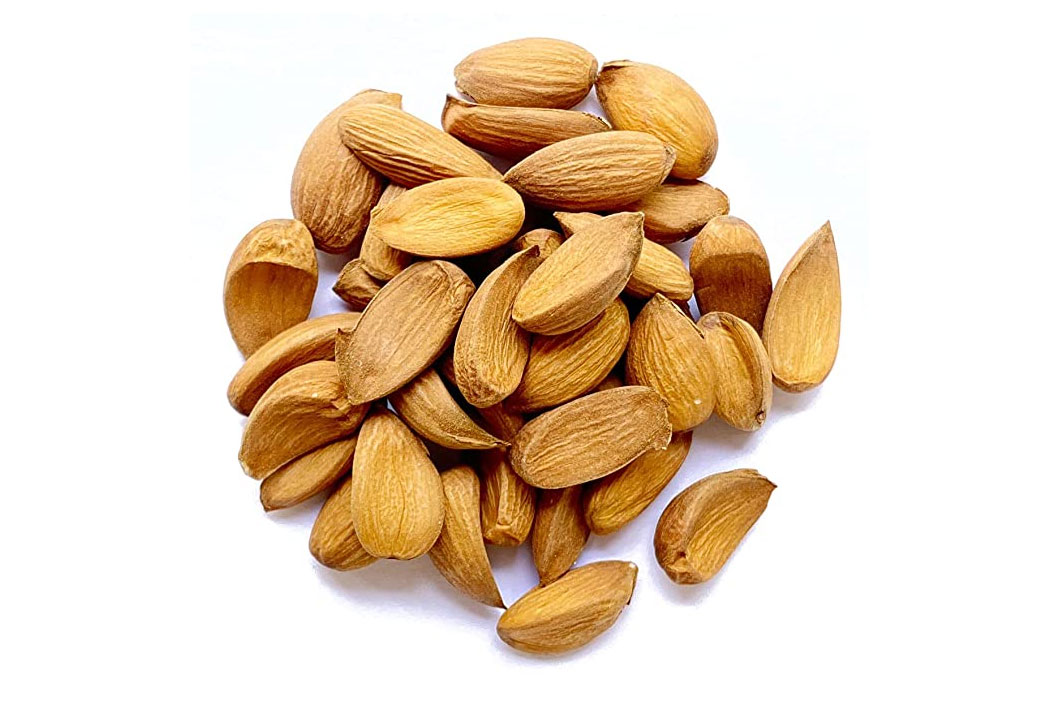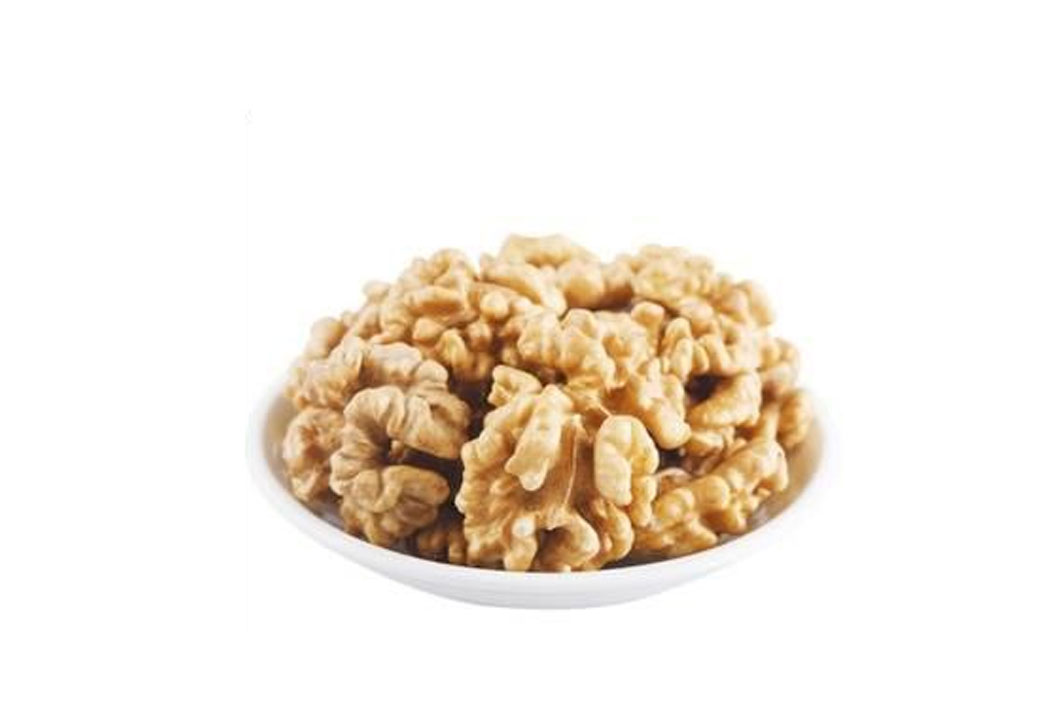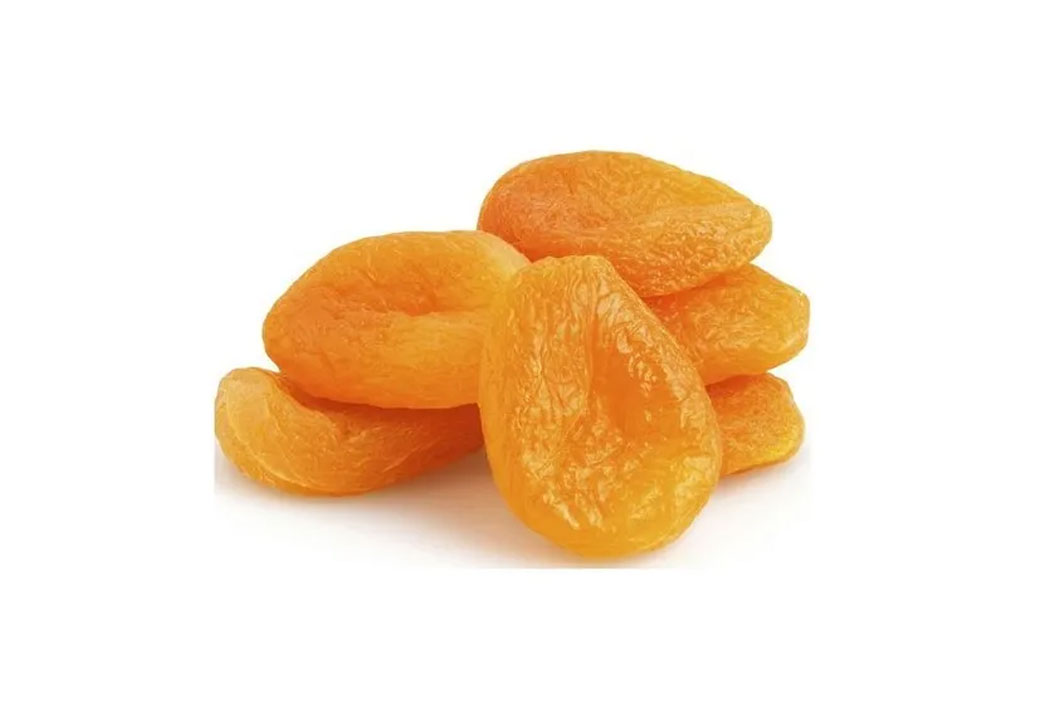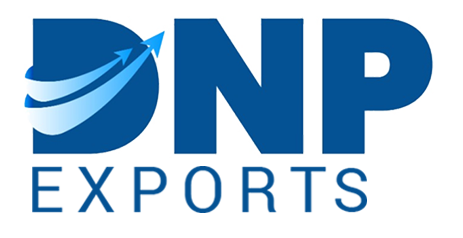Honey
Honey is a natural sweet substance produced by bees from the nectar of flowers. It is a highly sought-after and widely consumed food product that is also popular for its various health benefits. When it comes to exporting honey, several factors come into play, including the source, quality, and processing methods. Here's a description of honey for export:
Types and Varieties: Honey comes in different types and varieties, each with its distinct flavor and characteristics. Some popular types of honey include clover honey, wildflower honey, acacia honey, manuka honey, and buckwheat honey. Each type is sourced from specific floral nectar, giving it a unique taste, aroma, and color.
Quality and Purity: High-quality honey is a crucial factor in the export market. Buyers prefer honey that is pure, free from contaminants, and meets international food safety standards. The quality of honey can be determined by factors such as moisture content, absence of additives or adulterants, and pollen analysis to verify its botanical origin.
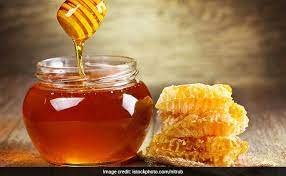
Processing and Packaging: Honey intended for export usually undergoes processing to remove impurities, such as wax, bee debris, and air bubbles. The processing methods may vary, but they typically involve filtering, centrifuging, or straining. After processing, honey is often packaged in jars, bottles, or bulk containers, ensuring proper sealing to maintain its freshness and prevent leakage.
Traceability and Certifications: In the export market, traceability and certifications play a significant role in assuring buyers of the honey's authenticity and quality. Beekeepers and exporters may obtain certifications such as organic certification, Fair Trade certification, or specific regional certifications to validate their adherence to quality standards and sustainable practices.
Unique Selling Points: Some honey varieties have unique selling points that make them particularly sought after. For example, manuka honey is known for its antibacterial properties and is used in medicinal products. Similarly, monofloral honeys, derived from a single floral source, can offer specific flavor profiles and potential health benefits associated with those particular flowers.
Sustainable and Ethical Practices: Increasingly, consumers and buyers are looking for honey produced through sustainable and ethical practices. This includes beekeeping methods that prioritize the health and well-being of bees, support biodiversity, and minimize the use of pesticides. Exporters who can demonstrate their commitment to sustainability and ethical beekeeping practices have a competitive advantage in the market.
Product Details
| Varieties |
Natural Honey |
|---|---|
| Packaging |
Customized Package Accepted |
| Weight |
Weight as per choice or Standard Packaging |
| Availability |
All-through the year |
| Load Threshold |
20 FCL |
